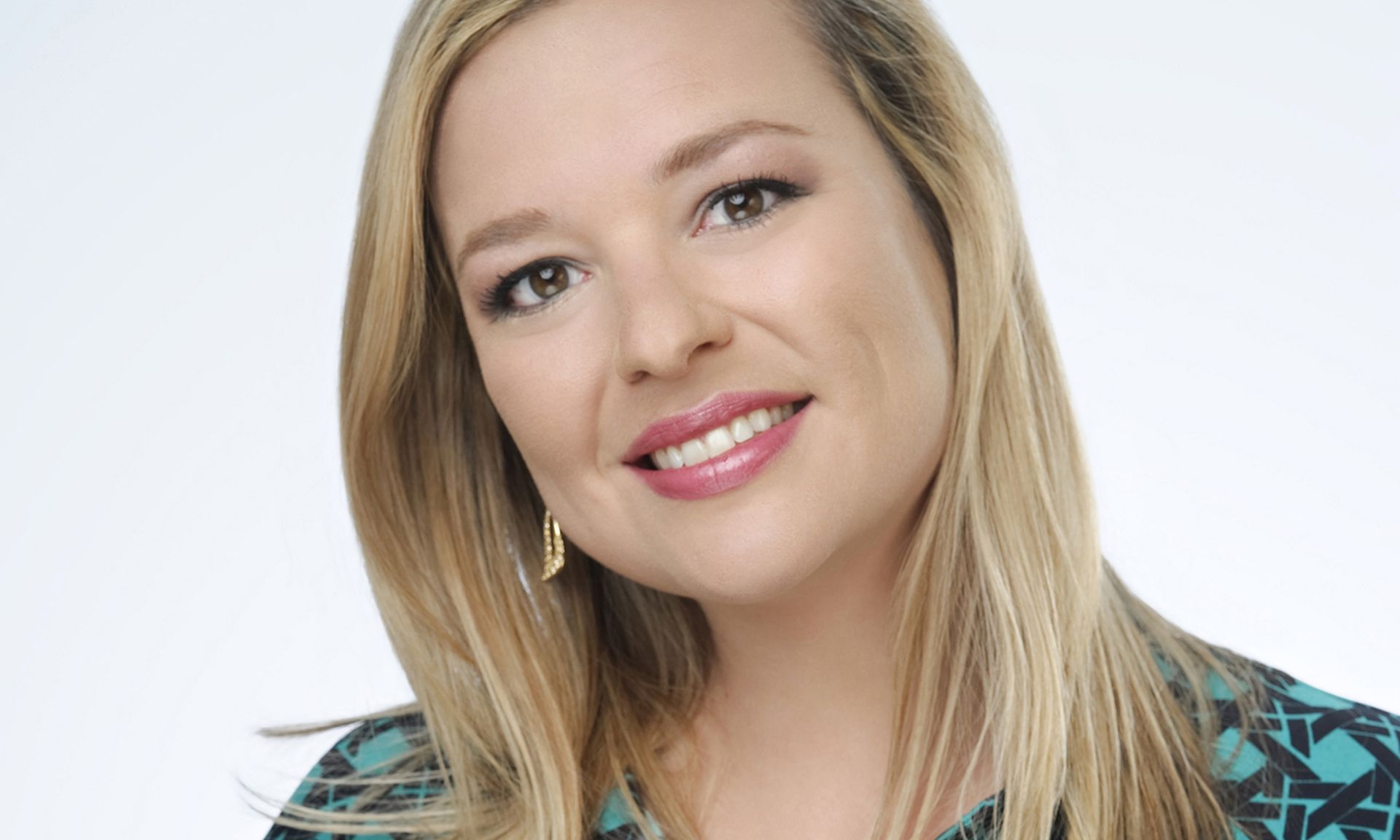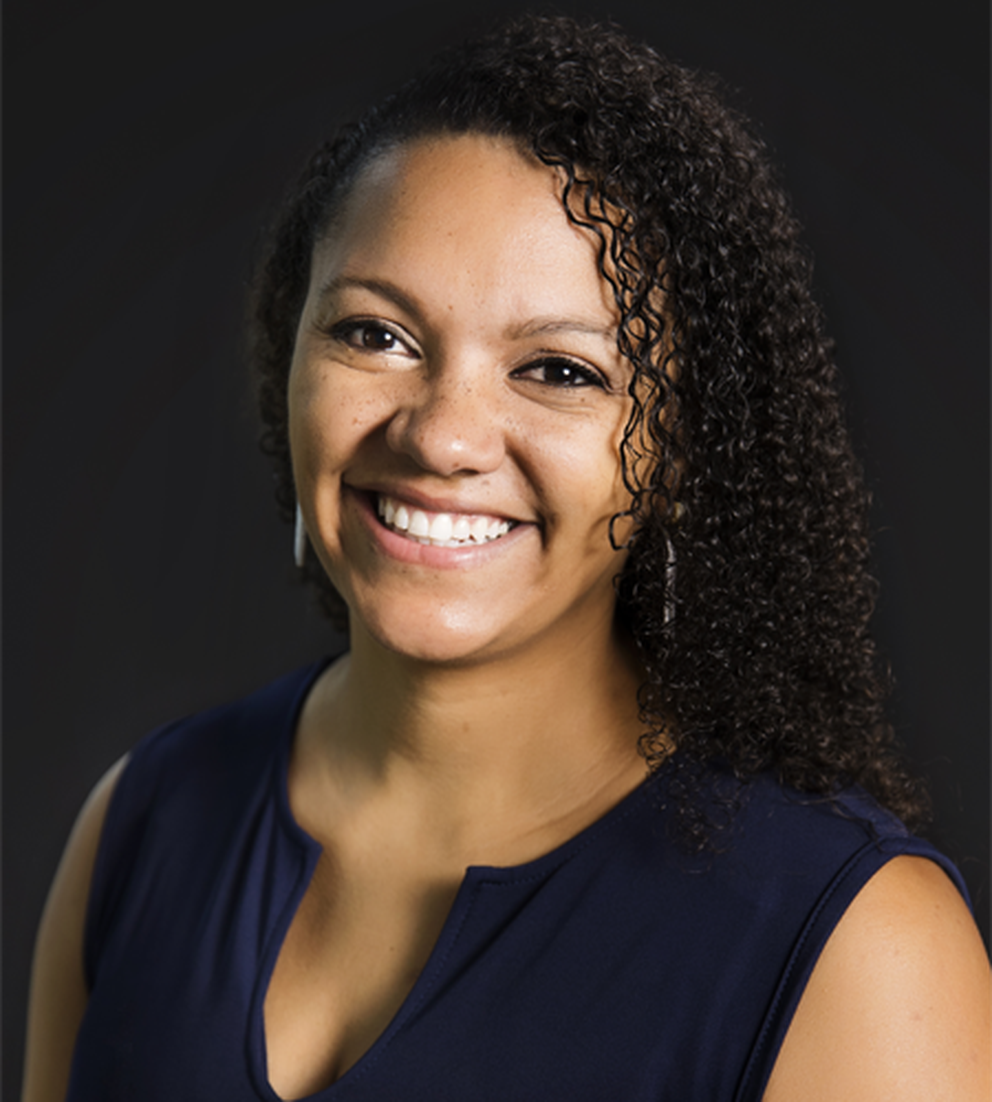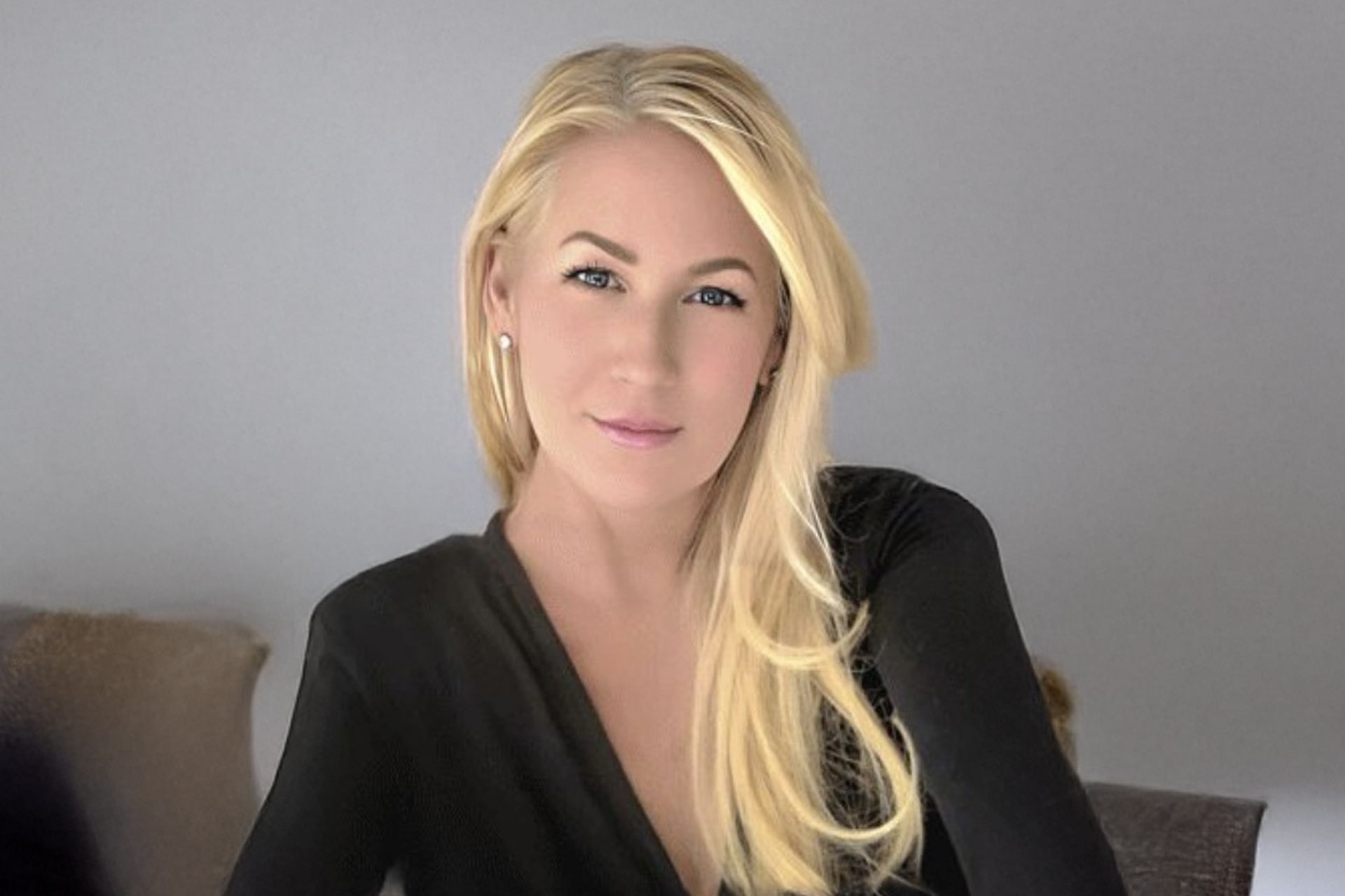
Rita Gurevich is a cybersecurity practitioner-turned-entrepreneur who entered the financial services field while attending the Stevens Institute of Technology, where she earned a bachelor’s in computer science and mathematics.
Working at Lehman Brothers before and after graduation, she was present for the subprime mortgage crisis and was put on a SWAT team that had to figure out how to dismantle the technology stacks of one of the world’s largest banks in a short period of time after it declared bankruptcy in 2008.
“So how do you figure out what identities and data Barclays get, and what servers and applications does Nomura get, and just the overall landscape,” she said. “And it had to happen very quickly.”
From that experience, where she and other team members learned how to use many of the enterprise products large teams deploy, Gurevich started Sphere because she wanted to be able to control her own success or failure.
But things became more interesting when the regulatory environment shifted and the question wasn’t just who owned what, but who has access and is that access appropriate.
Click here for full coverage of the 2022 Women in IT Security.
As Sphere conducted more projects where they assessed permissions and privileges, as well as remediation, they built automation into their process while using the tools that, while providing some data, those enterprise tools still weren’t good enough for Sphere’s intents and purposes, Gurevich said.
“So we started to develop these toolkits that our engineers would use when they went to a site to do these projects,” she said.
Clients took notice of how Sphere’s engineers were able to remediate thousands of issues or produce easy-to-read datasets, Gurevich said, and they began asking to keep the toolkits. Once they realized how valuable Sphere’s IP was, they bootstrapped the toolkits as a standalone product.
Today, Sphere is a software and managed services company.
“We rebranded a bit,” said Gurevich. “We’re not ‘permissions janitors’ anymore, we’re ‘identity hygienists.’ We clean up all the identities and make sure they only have access to the things that they should.”
While SPHERE's toolkit was developed to meet the company’s needs, it also works with other enterprise products. “We learned very early on that you have to play ball with market-leading products — most of your customers are already invested in them — so you have to make sure that you can add value to those technologies while solving a unique problem yourself.”
Gurevich had mentors in her life to help her along the way to starting a company at the age of 25 — from friends and family, and people from technical and non-technical fields, alike — to closing on a $10 million Series A funding round in 2021, led by ForgePoint Capital.
She started a mentorship program called SP(HER)E with three young women who interned at the company in departments from marketing to finance to its innovation lab to expose them to other experiences. Two of the interns didn’t know what cybersecurity was, said Gurevich, and now they’re thinking about college and taking technical programs.
SP(HER)E is also expecting to pair 12 young women close to graduating college or who are early in their careers to shadow female executives to give a glimpse of where hard work undertaken today could eventually lead.
“We’re trying to create a program, Helping Everyone Rise, at different stages of their journeys … and making sure that people feel that they’re making good and healthy decisions that are going to benefit their lives and then hopefully they pay it forward.”



